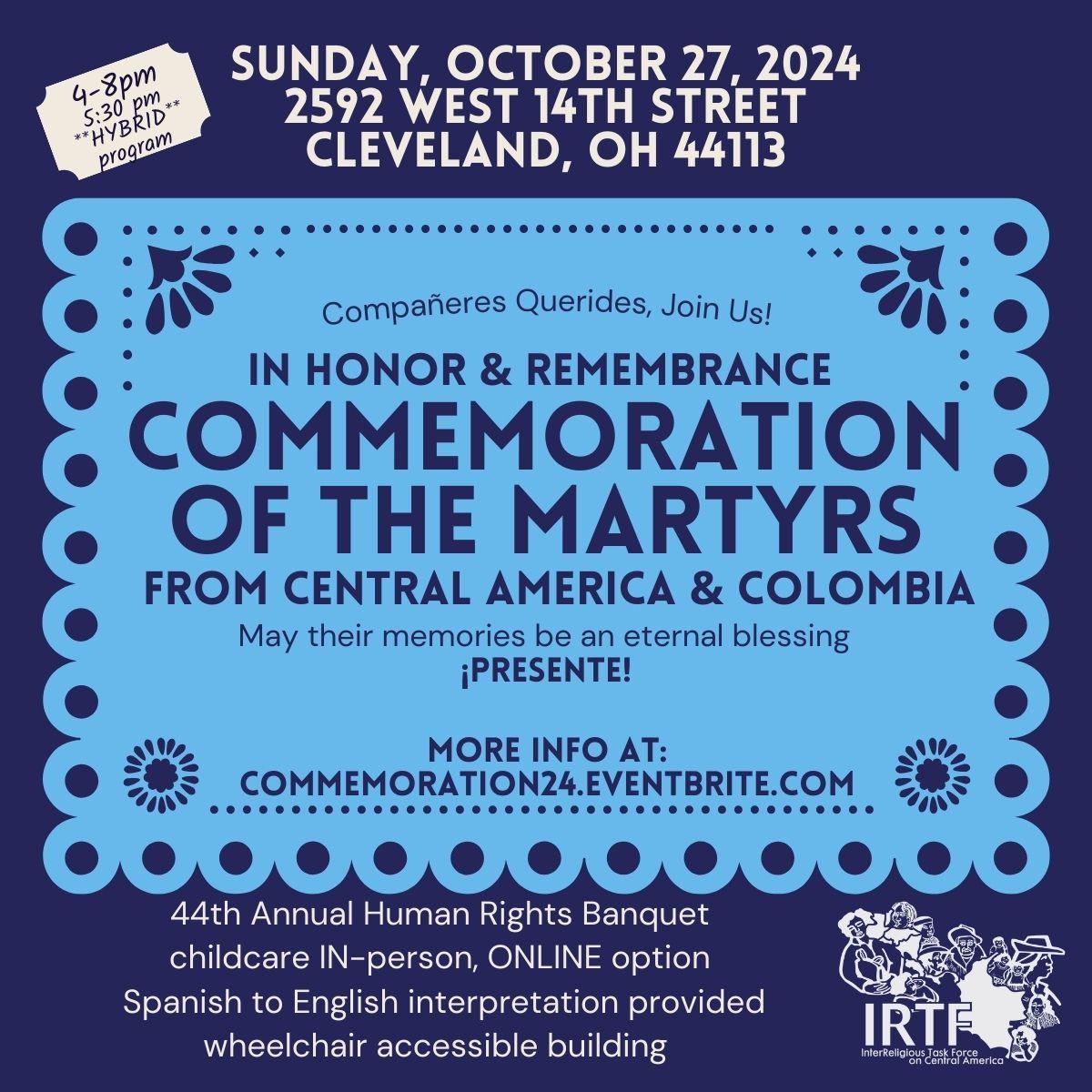For many years, the Afro-Honduran and Garífuna residents of Diamond Rock (Bay Islands) have been victims of harassment, threats, and persecution, which has generated a climate of fear and uncertainty in the community. At the root of the controversy is ancestral land of the residents of Diamond Rock, which was legally granted to them in 1965. For the past twenty years, the powerful Cooper-McNab family has been illegally occupying land belonging to the McLaughlin family, in violation of their land and cultural rights. The McLaughlin family, with support from other residents of Diamond Rock, has repeatedly filed complaints against the Cooper-McNab family for the crime of land usurpation. This year, in an exercise of their right to self-determination, the McLaughlin family began the process of reoccupying their ancestral territory. On January 5, they decided to lift the gates, remove the wooden fence, clear the entrance and recover their property.
On January 28, the Public Prosecutor’s Office filed a prosecutorial request seeking arrest warrants and judicial detention orders against 13 residents of Diamond Rock, including members of the McLaughlin family. They are being accused of arson, robbery with violence, and property damage within the very ancestral land of the McLaughlin family. This misuse of the powers of the Public Prosecutor is an abuse of criminal law.

